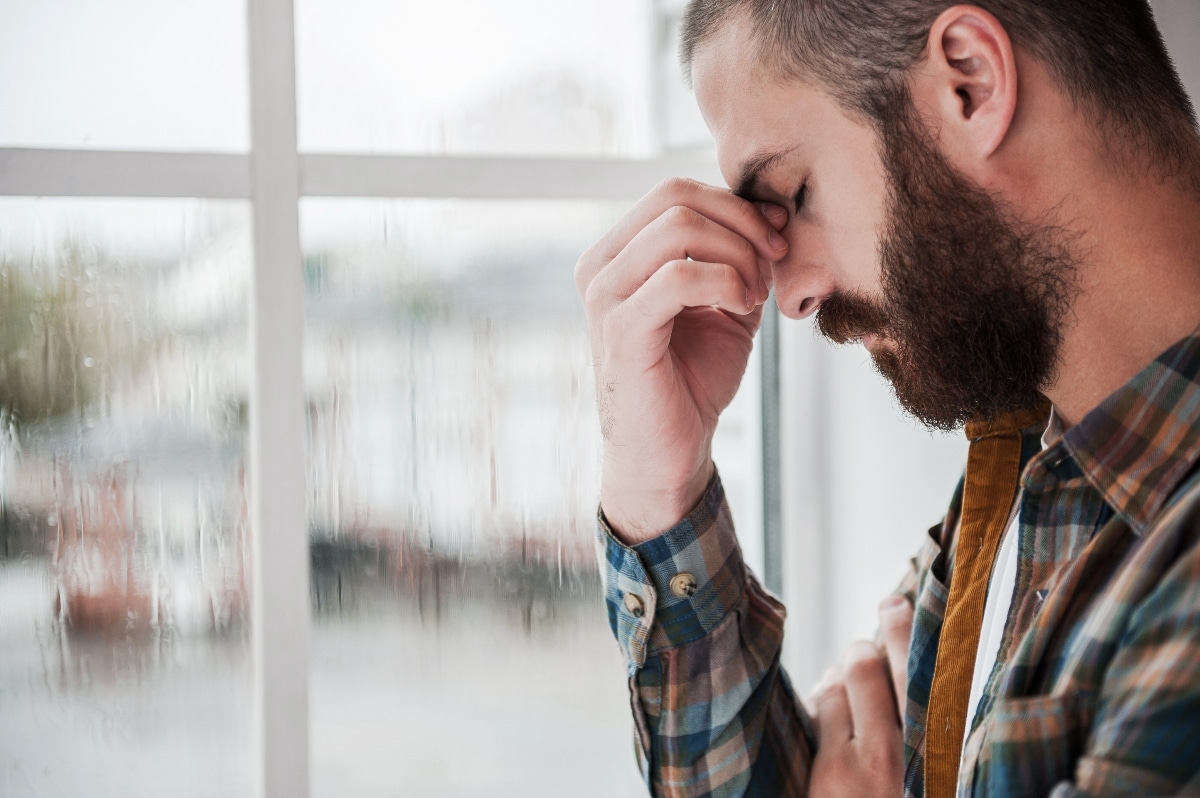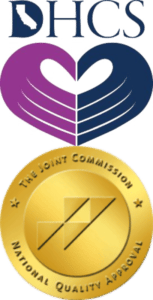Everyone experiences obsessive thoughts or worries from time to time. They can include fearing the door is unlocked when you leave the house or feeling unsafe when you’re away from home.
However, for someone with obsessive-compulsive disorder (OCD), these thoughts are uncontrollable and interfere with their day-to-day lives. In fact, OCD has been associated with higher than average rates of drug or alcohol addiction, which can negatively impact the outcome of the disorder.
If an individual misuses alcohol or drugs, their obsessive-compulsive symptoms can be more severe. They are also more likely to display self-destructive behavior or to be hospitalized.
Understanding how to manage mental health or substance use issues can help you live a healthier life. The same is true for people with obsessive-compulsive disorder (OCD), particularly given the connection between OCD and addiction.
Additionally, knowing the differences between compulsion and addiction can be helpful.
What Is OCD?
Obsessive-compulsive disorder (OCD) is a mental health disorder that affects people if all ages. OCD occurs when an individual is caught within a cycle of obsessions and compulsions.
These obsessions are characterized by uncontrollable, unwanted, intrusive thoughts and images. They are so intense it can distress the individual making it difficult to perform everyday tasks.
Compulsions on the other hand are driven by obsessions and make the individual want to repeatedly do certain tasks.
Sometimes, not performing these behaviors or actions can be stressful for them. Those diagnosed with OCD will suspect that their behaviors are not realistic but others will think they are logical and true.
Regardless of whether or not they know their actions are not realistic, they still find it challenging to extricate from their obsessive thoughts and compulsive behaviors.
Obsessions
Some typical obsessions include:
- Fear of getting contaminated by people or environment
- Disturbing thoughts or images
- Fear of blurting out obscenities or insults
- Intense concern about order, symmetry ot precision
- Fear of losing or discarding something important
- Repetitive intrusive thoughts of sounds, images, and numbers
Compulsions
Some typical compulsions include:
- Excessive washing of hands, showering, brushing teeth
- Repeated cleaning of household objects
- Ordering things in a specific way
- Constantly seek approval and reassurance
- Repeated counting to a certain amount
- Constantly checking switches, locks, or appliances
So How Is OCD and Addiction Related?
Children and adolescents who develop OCD symptoms during childhood or adolescence are more likely to become addicted to drugs or alcohol, often as a means of dealing with overwhelming anxiety and fear.
An addictive condition cannot be effectively treated without treating its emotional symptoms.
OCD is classified as an anxiety disorder and according to the ADAA, roughly 20% of people with generalized anxiety disorder have a substance abuse problem.
A number of individuals who are diagnosed with OCD tend to use substances to self-medicate or cope with their symptoms. Unfortunately, these substances only make matters worse.
The Anxiety and Depression Association of America found that over 26% of emergency room visits in the US are related to anxiety disorders.
In a study conducted by the Journal of Anxiety Disorders discovered that of 323 adults with OCD 27% fit the criteria for a substance use disorder.
In the same study, people reported that their addiction began after they began to experience OCD-like symptoms. The study also found that those experiencing obsessive thoughts and compulsive behavior in childhood and adolescence were more likely to abuse drugs as they grew older.
Other Mental Health Disorders
OCD can bring a lot more adverse effects than one thinks. One of them is social isolation.
People with this disorder typically become house band as a result of fears they might have in their environment. This isolation can cause a number of things like depression as well as becoming more susceptible to abuse drugs or alcohol.
This results in a spiral of isolation and depression that can lead to anxiety, and ultimately worsen the compulsive behaviors associated with OCD. Leaving OCD or addiction untreated can result in self-destructive behavior escalating to the point of hospitalization.
No Matter What Is Here For you
If you or a loved one OCD has caused them to fall victim to a spiral of chemical dependency No Matter What Recovery is here to help.
Our mental health and addiction experts will work with you to create a plan to get you where you need to be. Contact us today at (323) 515-1396.










